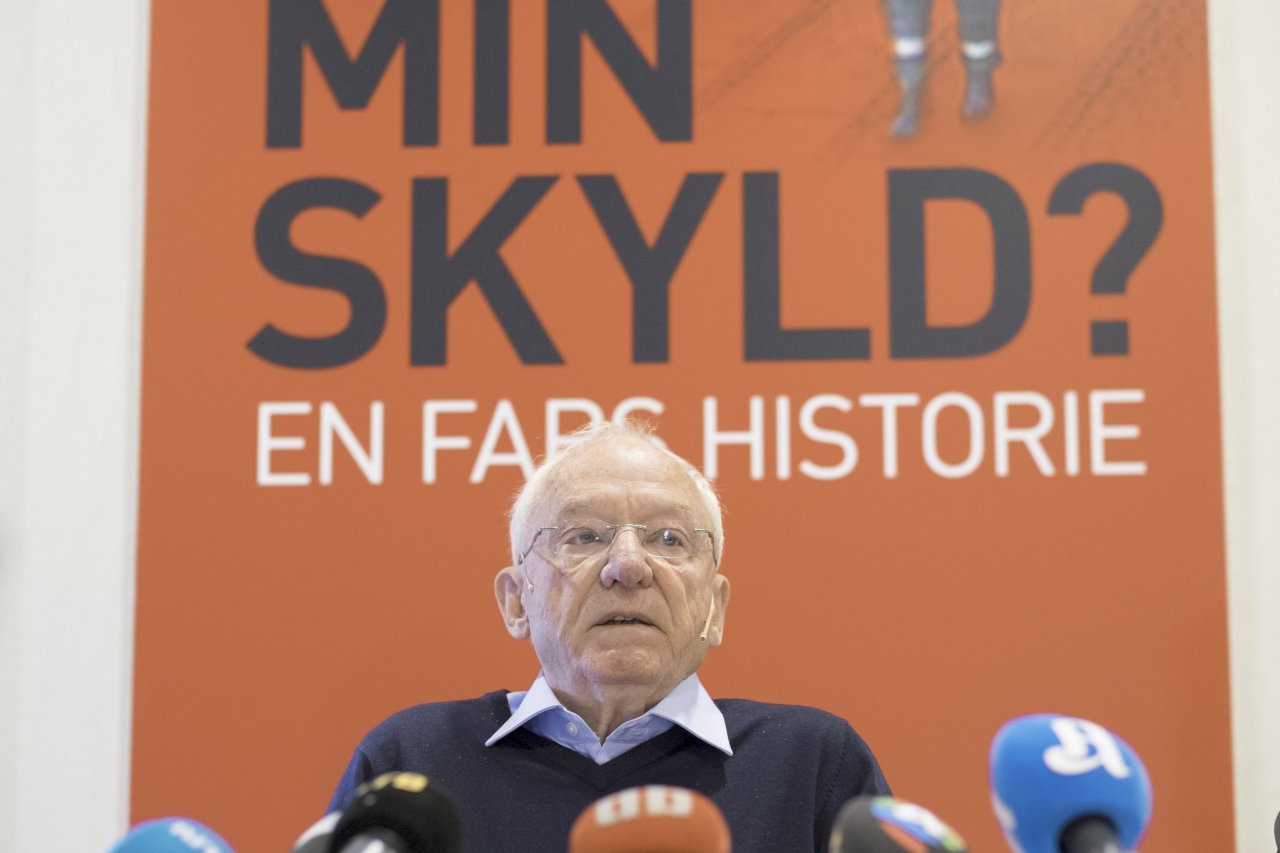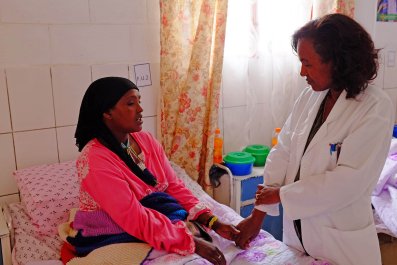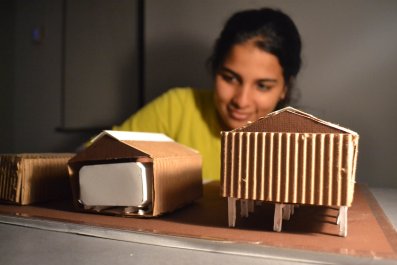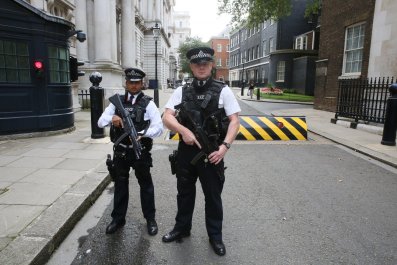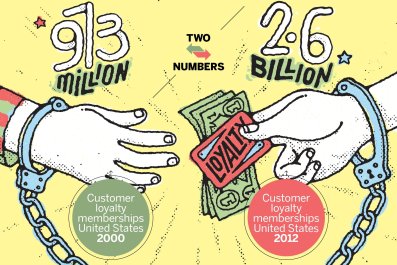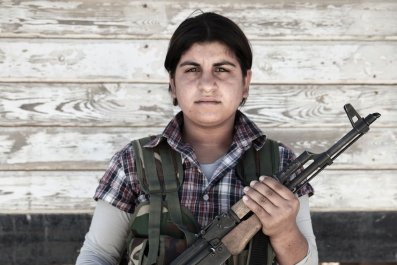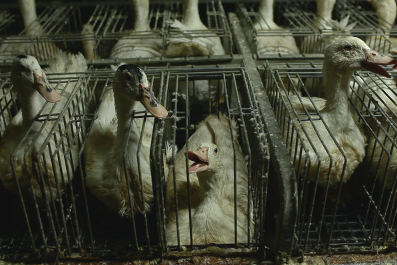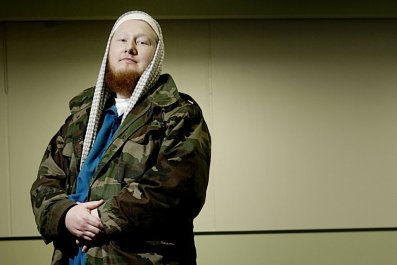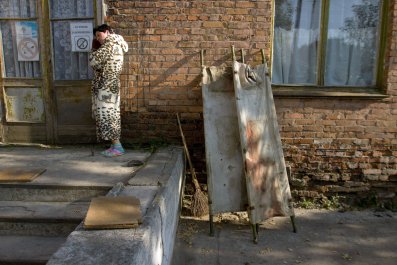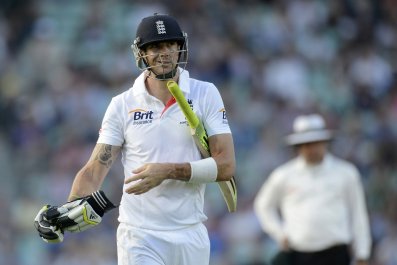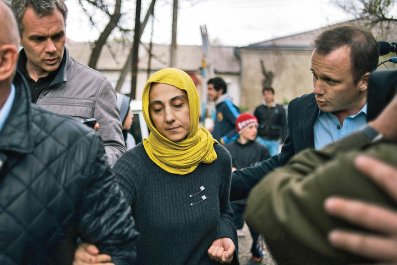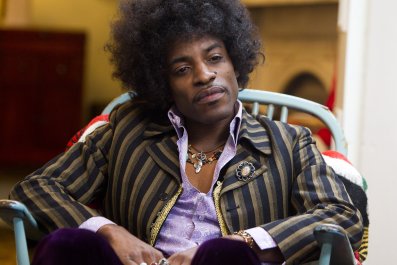On July 22nd 2011, Jens Breivik sat in the living room of his bungalow in the south of France watching news reports about a terror attack unfolding in his native Norway. Flipping between cable news channels, he heard commentators speculate that it was an Islamic extremist who had detonated a bomb in central Oslo, before moving to a Labour Party summer camp on the island of Utøya to gun down more innocents. As the afternoon progressed, the Norwegian media described the suspect as tall, blonde and Norwegian. "That Friday I didn't realise who was responsible," Breivik says. "I found out it was my son on Saturday morning when I switched on the TV. I was shocked. I couldn't believe that it was possible."
Anders Behring Breivik ultimately took the lives of 77 people, including dozens of teenagers. More than three years later, his murderous rampage remains a national trauma for Norway, and a personal trauma for Breivik Snr, a retired diplomat, now 79. International media no longer camp outside his house, and he no longer harbours thoughts of taking his own life. But time has not healed all wounds. Breivik still faces inner turmoil over his son's descent into extremism – and whether his absence from Anders' life might have played a part.
"I think a lot about those who lost their lives and their families who lost their sons and daughters," he says. "I wish I could ask for forgiveness on Anders' behalf. In a way I feel guilty and responsible for what he became – a terrorist and mass murderer."
In his new book My Fault? A Father's Story, (Min skyld? En fars historie), Breivik works through some of his feelings by detailing his relationship with Anders, who he last saw in 1995, when he was a 16-year-old. He admits that he could have tried harder to stay in contact with his son as he grew into a man. Yet the book, which has already topped the bestsellers list in Norway, should not be read as an apology, but rather as a shattered father's effort to find his own voice.
"There have been so many negative things published about him – that he's a terrible father, a terrible husband and a tyrant," says Nanna Baldersheim, the editor-in-chief of Juritzen, the book's Norwegian publisher. "Until now he's not had the possibility to speak up for himself and tell his side of the story."
Indeed, a flood of books followed the July 22nd attacks, and most took a hard swipe at Breivik. In October 2013 Marit Christensen released The Mother (Moren), a highly controversial account based on a year of encounters and interviews with Anders' mother Wenche, who died of cancer before the book's release. Told from Wenche's point of view, it describes Breivik as a narcissist, unable to form close human relationships. Christensen has said she saw no point in contacting Breivik for the book since she was writing "the mother's story", and because she viewed Breivik as irrelevant, since he had spent so little time with his son.
Breivik, who speaks English slowly and without much emotion, is audibly annoyed by these rival accounts. "What has been written about my relationship with Anders and his mother is based on speculation and half-truths and fiction," he says. "They didn't ask me about my story. I didn't write the book to complain, but I have also been a victim, though certainly not the greatest victim, of my son's actions."
Wenche gave birth to Anders in Oslo in 1979, two years into her marriage with Jens. At the time, he was working as the economic affairs counsellor at the Norwegian Embassy in London. The couple separated within months, and Wenche took Anders back to Norway. Breivik says she cut off all contact for three years. But, in 1983, Norway's Child Protective Services expressed concerns that Wenche was emotionally unavailable and suggested that Anders live separately from her. Breivik launched a custody battle, which he ultimately lost. "I thought I had a rather good case because of all the reports from the psychologists, but at that time it was almost impossible for a father to gain custody," he says. "The system always sided with the mother. I believe that he might have become a different person if I had won."
Breivik was given visitation rights, and the book details some of the more normal aspects of Anders' childhood, which included staying in country cottages with his father and picking berries in the forest.
In 1983 Breivik relocated to Paris to work for the Organisation of Economic Cooperation and Development and later the Norwegian Embassy. Anders would visit four times a year, staying at Breivik's apartment in the ritzy 16th arrondissement and a second home on the Normandy coast. After Breivik moved to Oslo in 1990, his 11-year-old son would visit him two or three times a week. They kept up the routine for five years.
"Sometimes he appeared to be reserved and bothered about something," Breivik says. "He would never talk about life at his home, and what was going on there. He came to me to relax, have a good meal and watch TV, mostly Donald Duck and things like that. He was rather lazy and sometimes quite apathetic. When I asked him about school or hobbies or things of interest, I got only vague answers."
Breivik never cracked Anders' inner world, but he saw no cause for alarm. In his mind, Anders was another teenage boy who wasn't particularly interested in talking to his father. He saw no signs of a political extremist in the making. "During that period Norway faced the question of membership in the European Union," Breivik says. "Anders was against it and I was for it. As it happened Norway didn't join."
By 16 Anders had become more distant, and had been in trouble with the police for spray-painting cars and shoplifting. "He wanted to go his own way then, which is not what I wanted," Breivik says. "Maybe I accepted it too easily. Maybe I didn't do enough to contact him again." They spoke on the phone once in 2006 – some 11 years later – when Anders telephoned to say hello.
While writing the book, Jens contacted the authorities at Anders' prison requesting a visit. Prison officials asked Anders, who said that he wanted to write his father a letter prior to any meeting. Breivik received the letter four months later. It was addressed to "Jens David Breivik" – not Father or Dad.
"It was rather cold and formal, and not the personal letter I expected," he says. "It shocked and hurt me. He only wanted to see me if I shared his views and became a fascist, which he must have know I would never do." Anders also requested that Breivik denounce his parents for not sympathising with the Nazis during their occupation of Norway. "The letter scared me and it still scares me. I get the impression that he is becoming more extreme and perhaps more dangerous."
Breivik replied to his son. His own letter shows that despite their estrangement, and despite the horrors Anders inflicted on an entire nation, he still views his son as only a father can.
"I have contacted you and also write this response because I, in spite of everything you've done, feel sorry for you," he writes. "When I feel sorry for you, it is because I believe that there is still something human in you that is worth taking care of."
Read next: The Three Letter Word Driving a Gender Revolution in Swedish Nurseries



